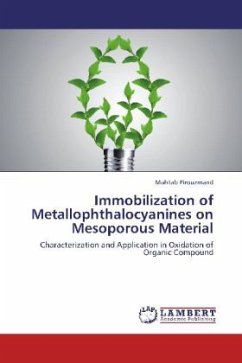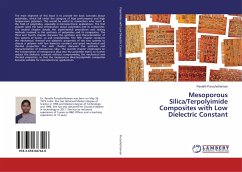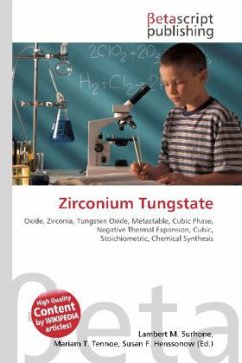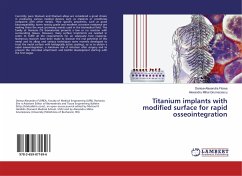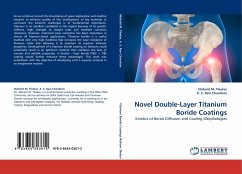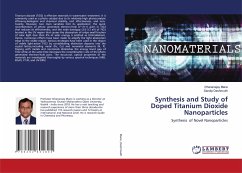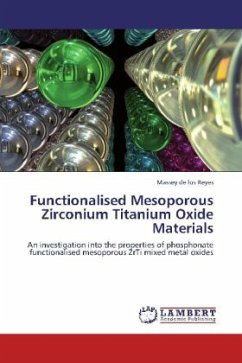
Functionalised Mesoporous Zirconium Titanium Oxide Materials
An investigation into the properties of phosphonate functionalised mesoporous ZrTi mixed metal oxides
Versandkostenfrei!
Versandfertig in 6-10 Tagen
52,99 €
inkl. MwSt.

PAYBACK Punkte
26 °P sammeln!
A series of hybrid mesoporous materials were synthesised through the functionalisation of pre-formed porous zirconium titanium oxide phases using a range of commercially available phosphonic acids. A fundamental study on the hydrolytic stability and chemical durability of these materials in aqueous acidic conditions were conducted. Polyphosphonic acids have been recognised as the most stable surface species. With potential use of these materials for the nuclear industry in view, a study of the irradiation stability of the un-functionalised zirconium titanium oxides were conducted. Changes to t...
A series of hybrid mesoporous materials were synthesised through the functionalisation of pre-formed porous zirconium titanium oxide phases using a range of commercially available phosphonic acids. A fundamental study on the hydrolytic stability and chemical durability of these materials in aqueous acidic conditions were conducted. Polyphosphonic acids have been recognised as the most stable surface species. With potential use of these materials for the nuclear industry in view, a study of the irradiation stability of the un-functionalised zirconium titanium oxides were conducted. Changes to the structural morphology were found from physical characterisation techniques evidencing the overall decrease in surface area, pore volume and mass density with increased doses. A similar irradiation study was also carried out for functionalised zirconium titanium oxides. Structural characterisation revealed a drop in surface area, pore diameter and pore volume, along with a rise in mass density after exposure to high levels of radiation. A loss of functionalised phosphonate molecules was also observed by thermal analysis under the same conditions.



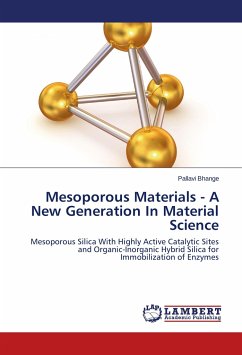
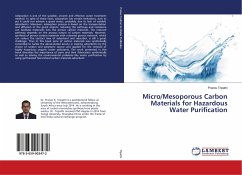
![Lower Rim Functionalised calix[4]arenes Cover Lower Rim Functionalised calix[4]arenes](https://bilder.buecher.de/produkte/35/35506/35506986n.jpg)
